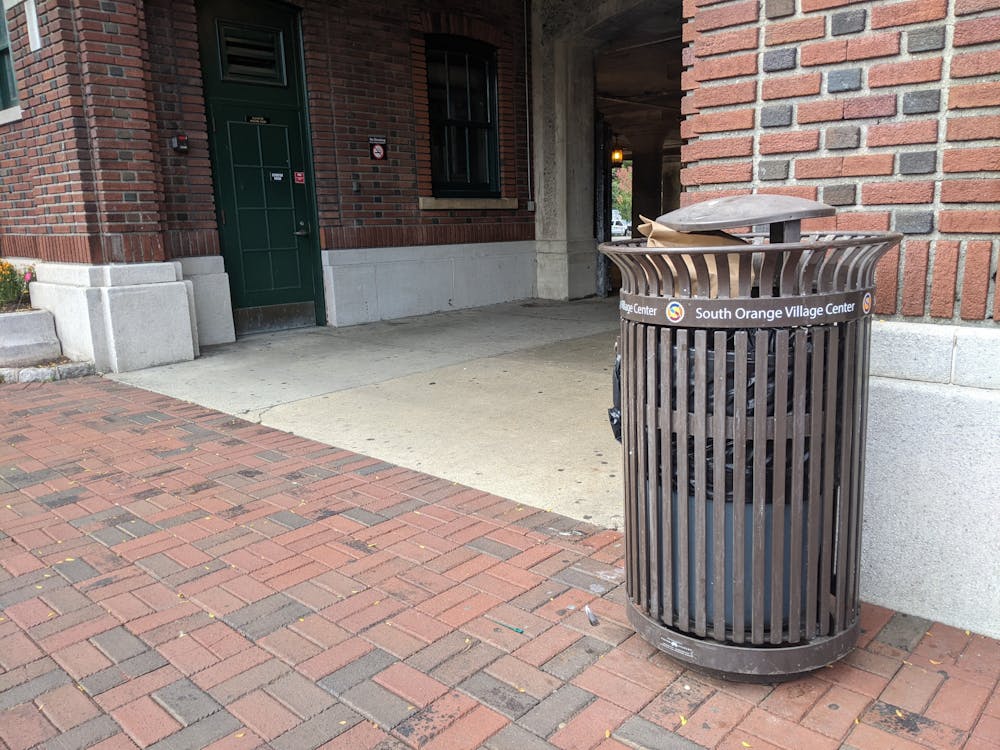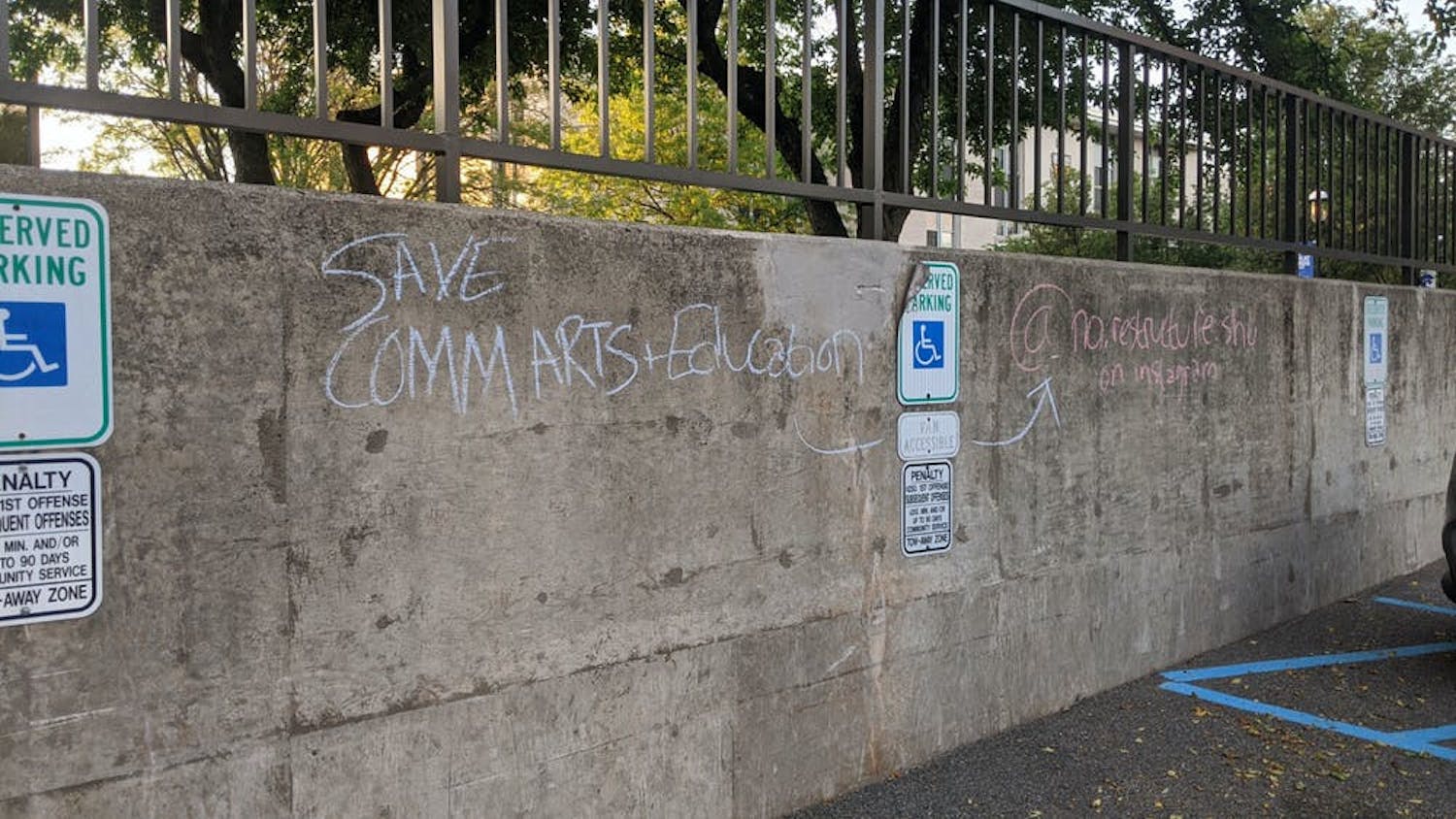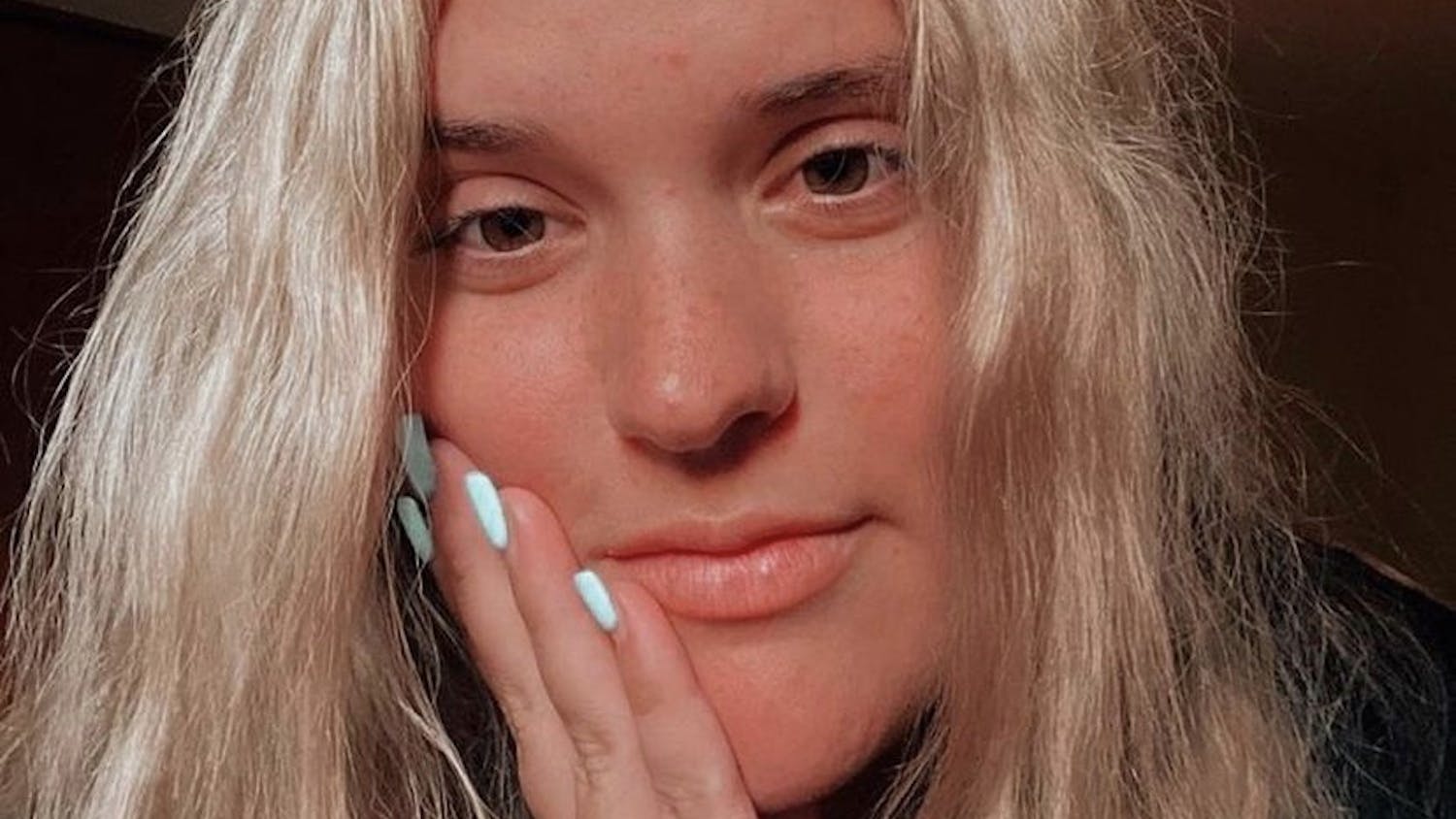South Orange unveiled a new strategic plan on October 5 to improve waste management and recycling efforts in the Village set to take effect in 2023, according to Village Trustee Bill Haskins and Environmental Commission Chair Linda Beck.
At a presentation to Maplewood and South Orange’s governing bodies, a planning group of elected officials and external consultants laid out their vision for cleaner waste management and recycling in the two towns.
“We are dumping on our neighbors,” Ruth Abbe of the consulting group Zero Waste Associates said. “Trash is burned in the Covanta incinerator in Newark’s Ironbound neighborhood, and anything we can do to reduce trash to that incinerator really relieves pollution and impacts to human health of our neighbors.”
The plan, dubbed a “waste management revamp” by its proponents, promises bold new initiatives to educate residents on recycling and implement new measures like “pay to throw,” a system where disposal costs adjust along with the volume of waste being thrown away.
Proposals from the planning group ranged from switching to curbside waste pickup to starting a food waste prevention initiative. The 14 proposed projects aim to transform local waste management to lower costs and protect the environment. The planning group hopes to gain official approval from the town governments in upcoming meetings.
The proposal comes amid a controversial renewal of South Orange’s contract with Giordano Recycling Company, the village’s current hauler, through 2022. At $448,000 per year, the new contract is more than double the $189,000 annual fee the village paid for the same service in 2019, according to Haskins. The Giordano contract extension is not meant to be extended long-term as South Orange finalizes its bid to move toward a greener future.
Recycling contamination is one key factor driving the reboot—the current service is single-stream, wherein all recyclables are thrown into one bin, leading to potential for contamination. This, combined with an apparent lack of transparency from Giordano on their recycling efficacy, caused officials to look toward a multi-stream system that separates different types of recyclables to “take better care of that material and sort it better,” Beck said.
However, misunderstandings and poor practices by residents are also to blame for the contamination problem. According to the strategic plan, 15-30 percent of waste that goes into recycling bins is trash. “[Giordano] doesn’t have an easy job when we haven’t gotten it right as consumers,” Beck said.
For activists Haskins and Beck, there is a clear solution: education. The reboot plan places heavy emphasis on public education around effective waste management, and planners say that proper knowledge of what can and cannot be recycled is key.
“There’s going to be a lot around education,” Haskins said. “If we start with source reduction, which is all about education, your question about what you’ll do with that water bottle is irrelevant if you’re using a reusable bottle in the first place.”
Three out of the proposal’s 14 initiatives focus on teaching and consultation, including working with local schools and providing assistance to businesses.
Although the University’s South Orange campus is not covered by South Orange waste management, students living off-campus in South Orange and Maplewood will be affected by the changes. Beck said the change could be an opportunity for students to get involved with local issues.
“We would love to be more involved [with Seton Hall] and have more of a regular conversation in the environmental — or any — department because this is a global issue,” Beck said.
The proposal’s focus on education also complements efforts spearheaded by environmentally-focused organizations on campus. One initiative by the Student Government Association’s Environmental Protection and Conservation Commission, or EPACC, aims to teach freshmen in University Life classes about environmental topics including recycling.
“Seton Hall recycles about 3 percent of waste, which isn’t very good,” EPACC President Lauren Sandberg said. “I think one of the biggest problems is education about recycling.”
According to Haskins, some Seton Hall students are already active in environmental work in the village. Organizations like DOVE and EPACC have partnered with South Orange in the past through service projects and cooperation agreements.
“We are wanting to work with the village more, and they want to have cleanup with the school and be an extra force of support when talking to the administration about bigger projects,” Sandberg said.
Jarrett Dang can be reached at jarrett.dang@student.shu.edu.





